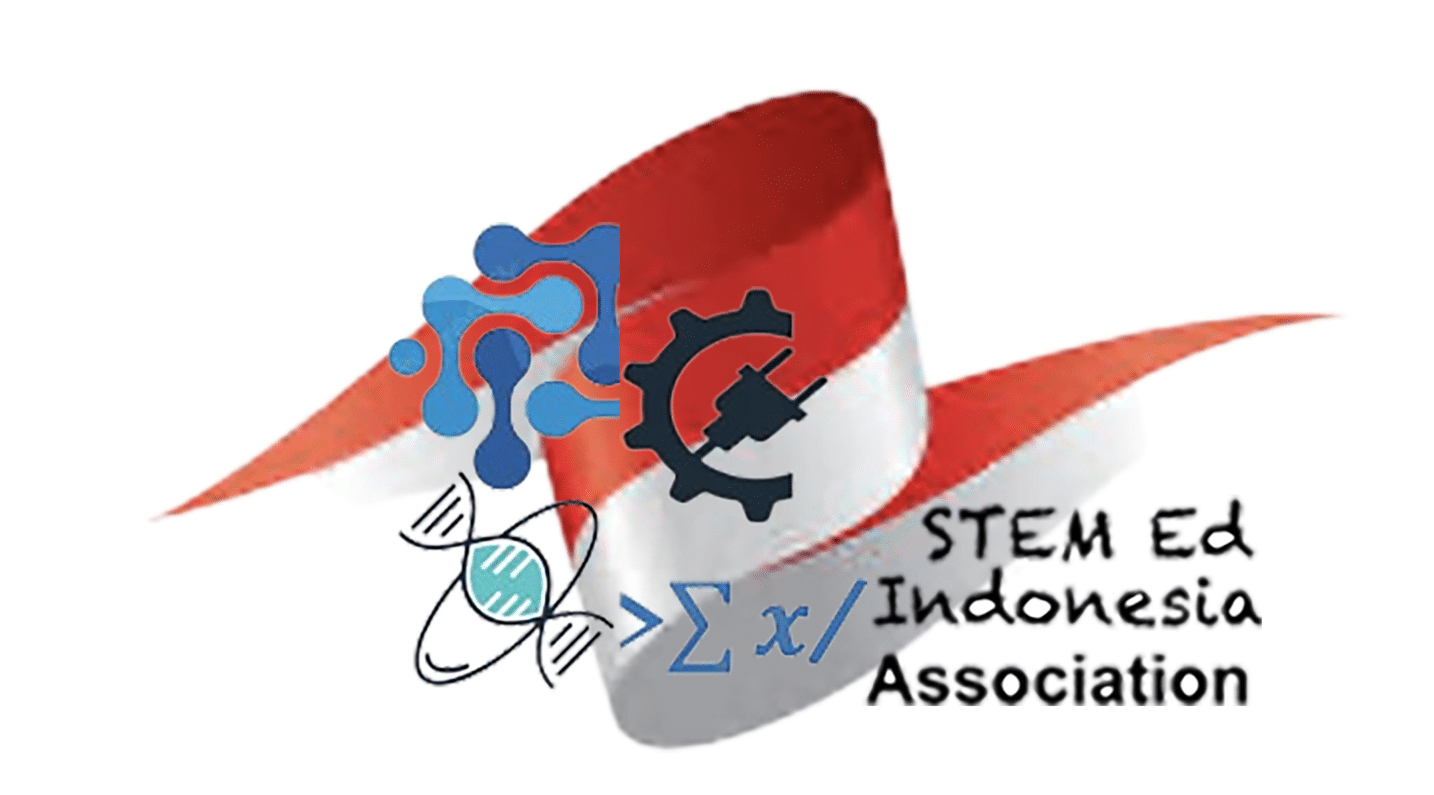Science Education Scholars’ Views and Approaches to Qualitative Research
DOI:
https://doi.org/10.70290/jeti.v2i2.83Keywords:
Science education, Qualitative Research, Self-directed learning, Higher EducationAbstract
The guidelines for qualitative research have been established in previous studies. However, it is subjected to the interpretation of individual researchers due to its nature in explaining complex phenomena about human interactions. Many areas of social science research utilize qualitative research as a primary research method or in addition to quantitative research. However, the approach of science education scholars has minimal documentation. This qualitative study uses a phenomenological approach to explore the views of four science education scholars and their approach to how they use qualitative research in their published works. The finding revealed that science educators ventured into qualitative research due to the influence of professors and courses they took in graduate school. Additionally, they established the strength of qualitative data in explaining the numbers.
References
Åkesson, M. & Thomsen, M. (2018). Work-Integrated Learning: Visualizing Research as Professional Practice. AVANS International Master in Digital Service Innovation ICERI2018 Proceedings ICERI Proceedings, 9608–9612. https://doi-org.proxy.library.kent.edu/10.21125/iceri.2018.0777
Anderson, C. (2010). Presenting and evaluating qualitative research. American Journal of Pharmaceutical Education, 74(8), 141. https://doi.org/10.5688/aj7408141
Berliner, D.C. (2002). Educational research: The hardest science of all. Educational Researcher, 31(8), 18-20.
Charmaz, K. (2014). Chapter 5: The logic of grounded theory coding practices and initial coding and Chapter 6: Focused coding and beyond. In K. Charmaz, Constructing grounded theory (2nd ed). Thousand Oaks, CA: Sage.
Cohen, L., Manion, L., & Morrison, K. (2007). Research methods in education (6th ed.). London: Routledge Falmer
Creswell J. W. & Garett A.L. (2008). The “movement” of mixed methods research and the role of educators. South African Journal of Education, 28, 321-333.
Devetak, I., Glažar, S. A., & Vogrinc, J. (2010). The role of qualitative research in science education. Eurasia Journal of Mathematics, Science and Technology Education, 6(1). https://doi.org/10.12973/ejmste/75229
Elyisi D., (2016). The Usefulness of Qualitative and Quantitative Approaches and Methods in Researching Problem-Solving Ability in Science Education Curriculum. Journal of Education and Practice, 7(15), 91-100 2016.
Erickson, F. (2012). Qualitative Research Methods for Science Education. In: Fraser, B., Tobin, K., McRobbie, C. (eds) Second International Handbook of Science Education. Springer International Handbooks of Education, vol 24. Springer, Dordrecht. https://doi-org.proxy.library.kent.edu/10.1007/978-1-4020-9041-7_93
Green, J., & Stewart, A. (2012). Linguistic perspectives in qualitative research in education: A brief history. Handbook of Qualitative Research in Education. https://doi.org/10.4337/9781849807296.00012
Jun Jin & Bridges, S. (2016). Qualitative Research in PBL in Health Sciences Education: A Review. Interdisciplinary Journal of Problem-Based Learning, 10(2), 156–182. https://doi-org.proxy.library.kent.edu/10.7771/1541-5015.1605
Lemke, J. (1990). Talking science: Language, learning and values. Norwood, NJ: Ablex.
Levin T. & Wagner T., (2009). Mixed-methodology research in science education: opportunities and challenges in exploring and enhancing thinking dispositions. M.C. Shelley II et al. (eds.), Quality Research in Literacy and Science Education. Springer Science + Business Media B.V. 2009.
Libarkin, J. C., & Kurdziel, J. P. (2002). Research Methodologies in Science Education: The Qualitative-Quantitative Debate. Journal of Geoscience Education, 50(1), 78. https://doi-org.proxy.library.kent.edu/10.1080/10899995.2002.12028053
Reissman, C. (2008). Chapter 3: Thematic analysis. In C. Reissman, Narrative methods for the human sciences. Sage Publications
Rubin, H. J., & Rubin, I. (2012). Qualitative interviewing : the art of hearing data (Third edition.). SAGE.
Saldaña Johnny & Omasta M. (2018). Qualitative research: analyzing life (2nd Edition). Los Angeles, CA. Sage Publications.
Saldana, J., & Omasta, M. (2020). Qualitative research: analyzing life. Sage publications.
Watt, D. (2007). On Becoming a Qualitative Researcher: The Value of Reflexivity. Qualitative Report, 12(1), 82–101.
Zeidler, D. L., & Nichols, B. H. (2009). Socioscientific issues: Theory and practice. Journal of Elementary Science Education, 21(2), 49-58.
Downloads
Published
How to Cite
Issue
Section
License
Copyright (c) 2023 Adepeju Prince

This work is licensed under a Creative Commons Attribution-NonCommercial 4.0 International License.




